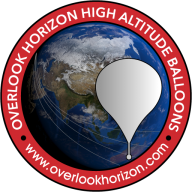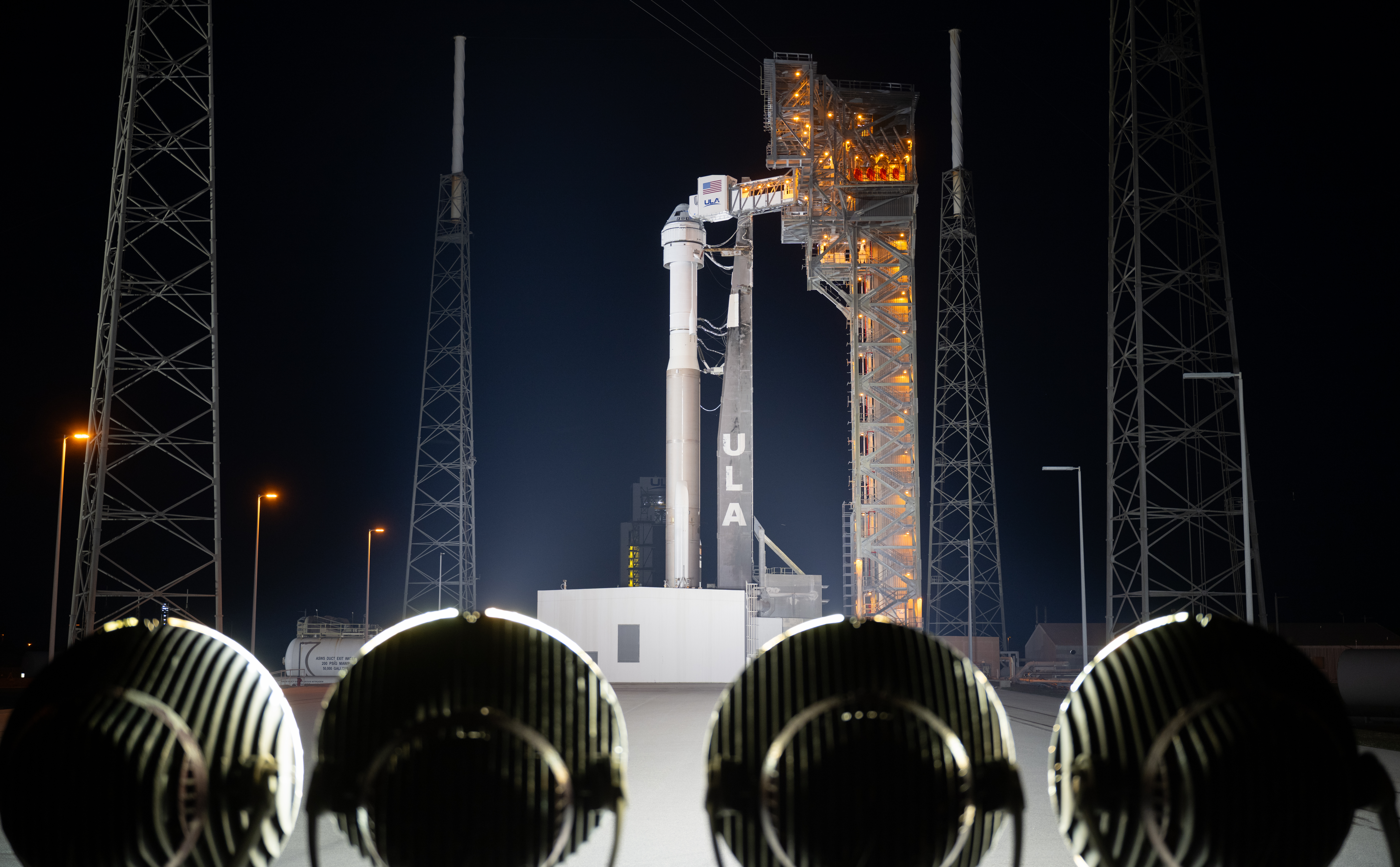
NASA, Boeing, and ULA (United Launch Alliance) teams will take additional time to work through spacecraft closeout processes and flight rationale before proceeding with the launch of the agency’s Boeing Crew Flight Test. The teams now are targeting a launch no earlier than 3:09 p.m. EDT Saturday, May 25, for the flight test carrying NASA astronauts Butch Wilmore and Suni Williams to the International Space Station.
The additional time allows teams to further assess a small helium leak in the Boeing Starliner spacecraft’s service module traced to a flange on a single reaction control system thruster. Pressure testing performed on May 15 on the spacecraft’s helium system showed the leak in the flange is stable and would not pose a risk at that level during the flight. The testing also indicated the rest of the thruster system is sealed effectively across the entire service module. Boeing teams are working to develop operational procedures to ensure the system retains sufficient performance capability and appropriate redundancy during the flight. As that work proceeds, NASA’s Commercial Crew Program and the International Space Station Program will take the next few days to review the data and procedures to make a final determination before proceeding to flight countdown.
The ULA Atlas V rocket and Boeing’s Starliner remain in the Vertical Integration Facility at Space Launch Complex-41 on Cape Canaveral Space Force Station in Florida. The NASA, Boeing, and ULA teams remain committed to ensuring a safe Starliner flight test.
Wilmore and Williams will remain quarantined in Houston as prelaunch operations progress. They will fly back to NASA’s Kennedy Space Center in Florida closer to the new launch date. The duo is the first to launch aboard Starliner to the space station as part of the agency’s Commercial Crew Program. The astronauts will spend about a week at the orbiting laboratory before returning to Earth and making a parachute and airbag-assisted landing in the southwestern United States.
After successful completion of the mission, NASA will begin the final process of certifying Starliner and its systems for crewed rotation missions to the space station.

